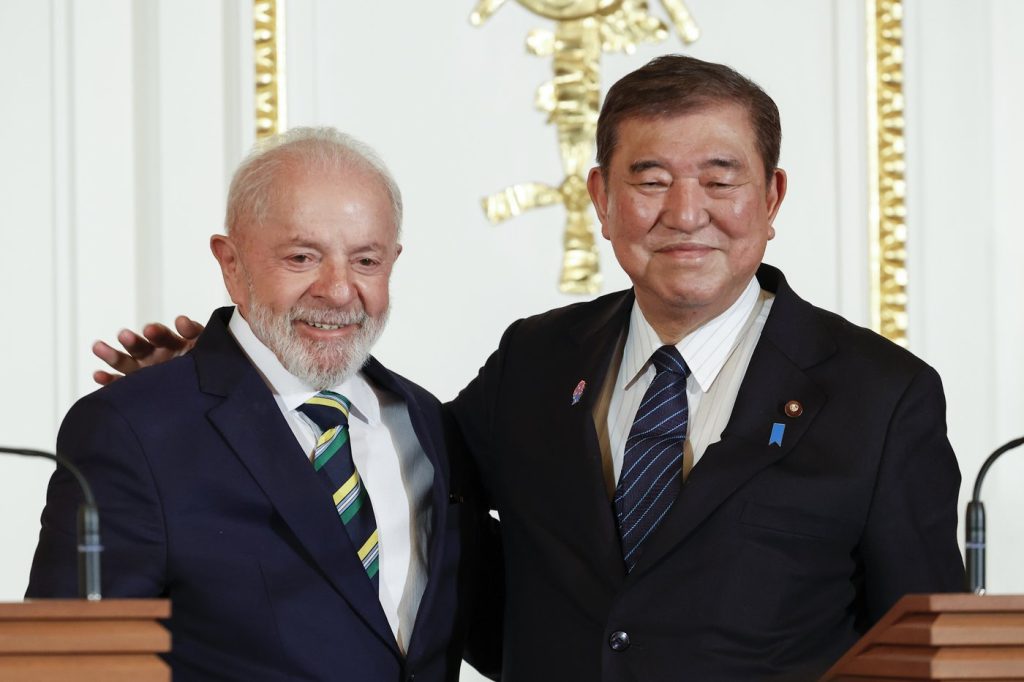TOKYO (AP) — Brazilian President Luiz Inácio Lula da Silva expressed serious concerns on Thursday regarding U.S. President Donald Trump's recent decision to impose new tariffs on imported goods. Lula's comments came during the conclusion of his four-day visit to Japan, where the announcement of a 25% tariff on all car imports was perceived as a particularly harsh blow to Japan, a leading automobile exporter and a close ally of the U.S.
The United States is the largest market for Japanese automotive exports, which made the tariffs a point of significant concern for both Japanese and Brazilian leaders. "I am very concerned about the behavior of the American government," Lula stated, highlighting the potential negative effects of such protectionist policies. "I am concerned because free trade is being harmed and I am concerned because multilateralism is weakened," he reiterated through an interpreter.
Lula expressed skepticism about any positive effects arising from Trump's tariff strategy, arguing that these measures will inevitably elevate prices for American consumers. This inflationary pressure could, in turn, lead to increased interest rates, thereby hindering economic growth. He emphasized that Trump serves only the interests of the United States, stating, "this protectionism does not help any country in the world."
During this meeting, Japanese Prime Minister Shigeru Ishiba echoed Lula's sentiments, reinforcing his stance that Japan should be exempt from the newly imposed tariffs. Ishiba and Lula discussed enhancing partnerships between their countries in various sectors, including economy, trade, and security.
The implementation of tariffs has resulted in rising tensions and retaliatory threats from several nations, including Canada, Mexico, China, and European countries. In response, Japan has intensified efforts to strengthen its ties with other global partners to mitigate the impact of U.S. policies. Japan's Chief Cabinet Secretary, Yoshimasa Hayashi, characterized Trump's decision as "extremely regrettable," and confirmed that Japan had strongly requested an exemption from the tariffs.
A significant aspect of Brazil’s economy is its role as the leading exporter of steel to the United States. Lula indicated that Brazil is contemplating taking formal action, which may include filing complaints with the World Trade Organization (WTO) and potentially imposing reciprocal tariffs in response. However, it is important to note that Brazil is not among those countries viewed as top targets for U.S. trade retaliation, given that the U.S. enjoys a trade surplus with Brazil. In 2024, this surplus was recorded at $7.4 billion, marking a nearly 32% increase compared to the previous year.
Brazil’s primary exports to the U.S. consist of petroleum and iron and steel, while its imports include crude and refined oil, gas turbines, aircraft, chemicals, and machinery. This complex trade relationship underscores the economic dynamics at play and the potential ramifications of the U.S. tariff policies on both Brazilian and American markets.
Mari Yamaguchi, The Associated Press










